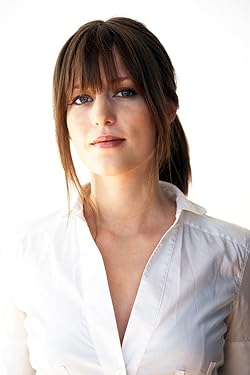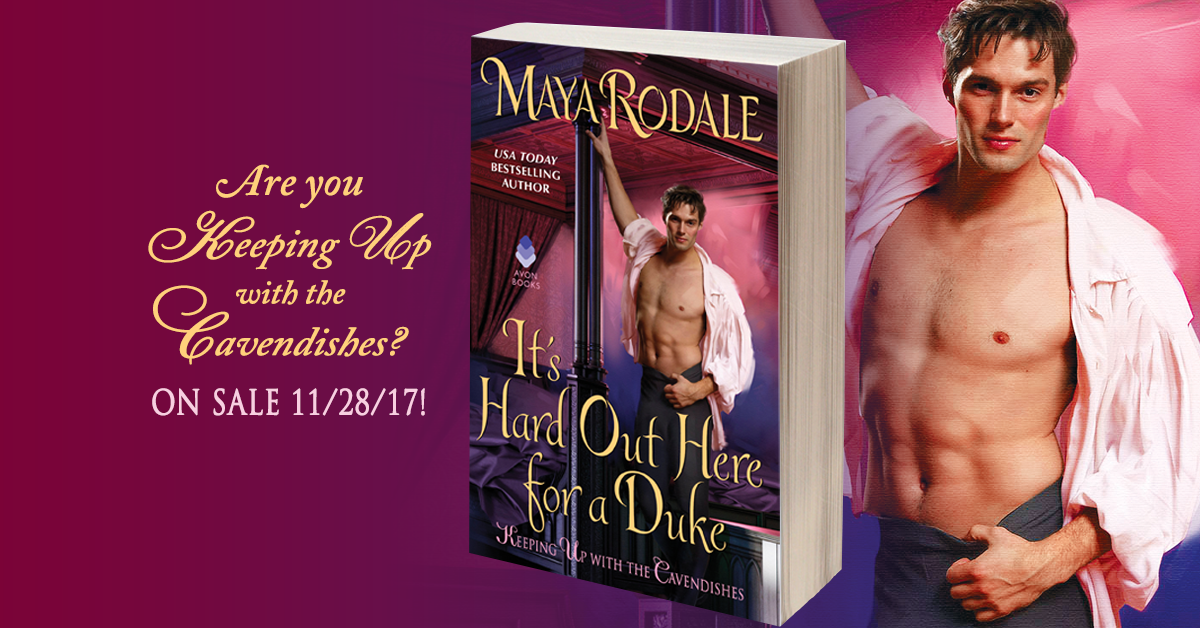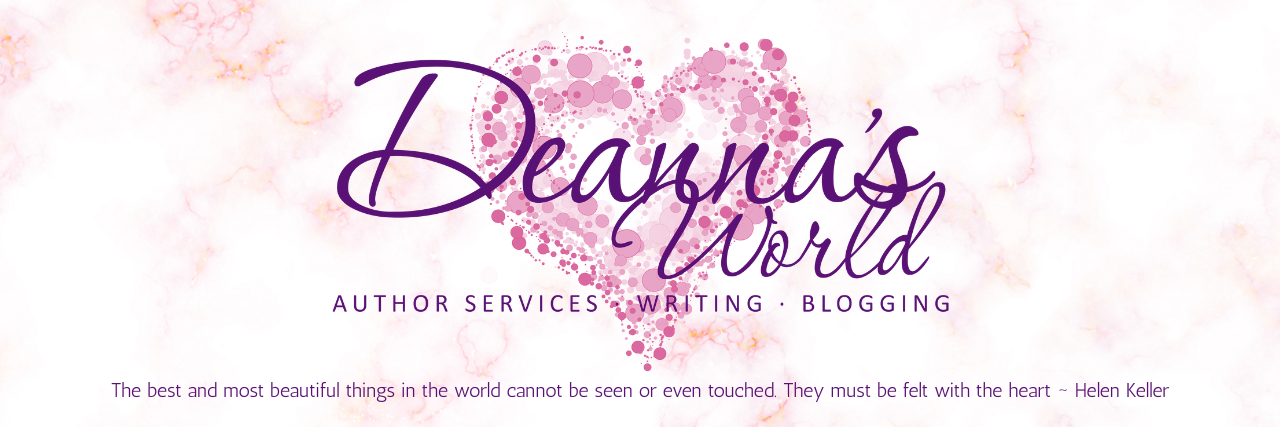
It's Hard Out Here For A Duke
Keeping Up With the Cavendishes #4
By: Maya Rodale
Releasing November 28, 2017
Avon
Keeping Up With the Cavendishes #4
By: Maya Rodale
Releasing November 28, 2017
Avon
For an excerpt of the book, visit Maya's website here.
Goodreads | Goodreads series
Author interview
Maya, thank you for being on the blog today. I'm very interested in your position with regards to romance and politics.
I’m happy to be here talking about one of my favorite subjects!
Is the influence of politics on the romance you write a recent development due to the current political climate or have you always blended the two?
I have long thought that the romance genre was political—before any particular election or independent of any party agenda. These books are by women, about women for women and they are a conversation between women about women’s life, liberty and pursuit of happiness. The stories and the conversation has evolved over the decades and it’s interesting to see how real world events and attitudes show up in romance novels. So, in that sense romance has always had something political to say and I’ve been aware of that as I write my own novels.
Do you think there's a place for politics in romance?
Yes! Anytime a romance author writes explicit consent, it’s a political act. Anytime she writes about a heroine who demands a choice over her fate, it’s a political act. Any time a woman picks up a romance novel for her own reading pleasure, she’s deciding that she deserves #selfcare and happiness, which, unfortunately, feels like a political act. Any time a woman decides that her voice is worth being heard and writes her story and puts it out into the world, it’s a political act.
Why do you think it is important for politics to color the romance that you write? And does that change the romance of the story in any way?
We read and write in the world, so it’s inevitable that politics will show up in our romance novels. For example, the love match marriage is the hallmark of the romance genre and it is (and was, especially) a scandalous political act, especially around the time of the Regency era when it was just becoming A Thing People Did. Author and academic Stephanie Coontz puts it in context in her book Marriage, A History:
For centuries, marriage did much of the work that markets and governments do today. It organized the production and distribution of goods and people. It set up political, economic, and military alliances. It coordinated the division of labor by gender and age. It orchestrated people’s personal rights and obligations in everything from sexual relations to the inheritance of property. Most societies had very specific rules about how people should arrange their marriages to accomplish these tasks.
To marry for love was for a woman to say that she had value in and of herself (not just for her dowry or land or womb). For a man to marry for love was to say he valued a woman, valued a partner, valued his emotional happiness more than his status or land or wealth. The love match marriage says something about the role of government in our lives; it should do more. So this love match story is an intensely personal and political story that romance novels tell over and over again—especially the historical ones. We cannot not write this story in romance.
For centuries, marriage did much of the work that markets and governments do today. It organized the production and distribution of goods and people. It set up political, economic, and military alliances. It coordinated the division of labor by gender and age. It orchestrated people’s personal rights and obligations in everything from sexual relations to the inheritance of property. Most societies had very specific rules about how people should arrange their marriages to accomplish these tasks.
To marry for love was for a woman to say that she had value in and of herself (not just for her dowry or land or womb). For a man to marry for love was to say he valued a woman, valued a partner, valued his emotional happiness more than his status or land or wealth. The love match marriage says something about the role of government in our lives; it should do more. So this love match story is an intensely personal and political story that romance novels tell over and over again—especially the historical ones. We cannot not write this story in romance.
Some people may not like politics mixed in with their romance because they feel reading romance is for escapism and entertainment. What do you have to say to them about the topic?
A romance should be escapism and entertainment first and foremost and I always keep this in mind as I write my novels. Can political ideas be slipped into the story? Of course! It’s inevitable! And probably ignorable, too. I think Tessa Dare beautiful and subtly wove a pro-choice subplot into her latest novel, The Duchess Deal but she doesn’t hit the reader over the head with the politics of it.
How authors deal with politics in their book is one thing, and we can be much more overt and outspoken on social media.
How authors deal with politics in their book is one thing, and we can be much more overt and outspoken on social media.
In your recent book, what major political point did you inject into your story?
Well, my recent book is called It’s Hard Out Here For A Duke and it’s about the struggles of a wealthy, white male. I know, the struggle is real. But all snark aside, there is an element of “the patriarchy screws us all” in this book and others about our heroes who “must” assume these positions of power that require them to bury their emotions aside or shove their hopes and dreams aside so they can perpetuate this system with a “sensible match” with a “suitable woman” with a big dowry and many acres. He is constrained by the system as well (though not nearly as much as women or people of color). The major political point in this story and all the ones I write, is that love is the most important thing. Not the reputation, the land or this system, but two people finding happiness with each other.
Do you think readers will be able to enjoy the romance for itself without noticing the political overtones in the story or would it be very obvious?
Yes! I would say that my romance novels (so far) aren’t overtly political, but some choices I make as a writer are very considered and yes, are political. For example, there will always be consent in my sex scenes between the hero and heroine. It’s the easiest thing in the world to write “yes, she whispered, I want this” but the message that sends to young women reading is that her choice matters and real heroes respect that choice. But in the moment, I don’t want the reader to get hung up on the line, I hope they’re swept away by the love scene and the story.
So yes, It’s Hard Out Here For A Duke was written to be an enjoyable romance without an explicit political overtones, but they’re there if a reader wants them ;-)
So yes, It’s Hard Out Here For A Duke was written to be an enjoyable romance without an explicit political overtones, but they’re there if a reader wants them ;-)
If someone was deciding whether to pick up your book or not because they've heard there's some politics mixed into the story, what would you say to them to encourage them to read the book?
I write romantic comedies. I write funny love stories. I write unapologetically “fluffy” stories that don’t feel like work at all to read. I also just happen to make sure my characters think and act in accordance with my feminist values. If that sounds like your book truth, then welcome!
Finally, can you please tell me a bit more about this book and your inspiration behind it?
Like all the books in my Keeping Up With the Cavendishes series, It’s Hard Out Here for A Duke is a Regency romance based on a contemporary romantic comedy. In this case, the plot is a mash up of The Princess Diaries and the Meredith-Derek love story from Grey’s Anatomy (seasons 1-2 only, if you watch the show you know what I mean). I just adore these stories as a reader—er, watcher—and wanted to spend more time with them and put my own spin on it. In a nutshell: James unexpectedly inherits a dukedom in Regency England and instead of finding a Suitable Bride as he is supposed to do, he falls in love with the one woman he can never be with. Spoiler alert: they live happily ever after ;-)
Author Info

Author Links: Website | Facebook | Twitter | Goodreads | Amazon

Find Deanna around SOCIAL MEDIA:

Very interesting great interview :)
ReplyDeleteHave Fun
Helen
Yes, definitely. I thought Maya's perspective was very interesting.
Delete